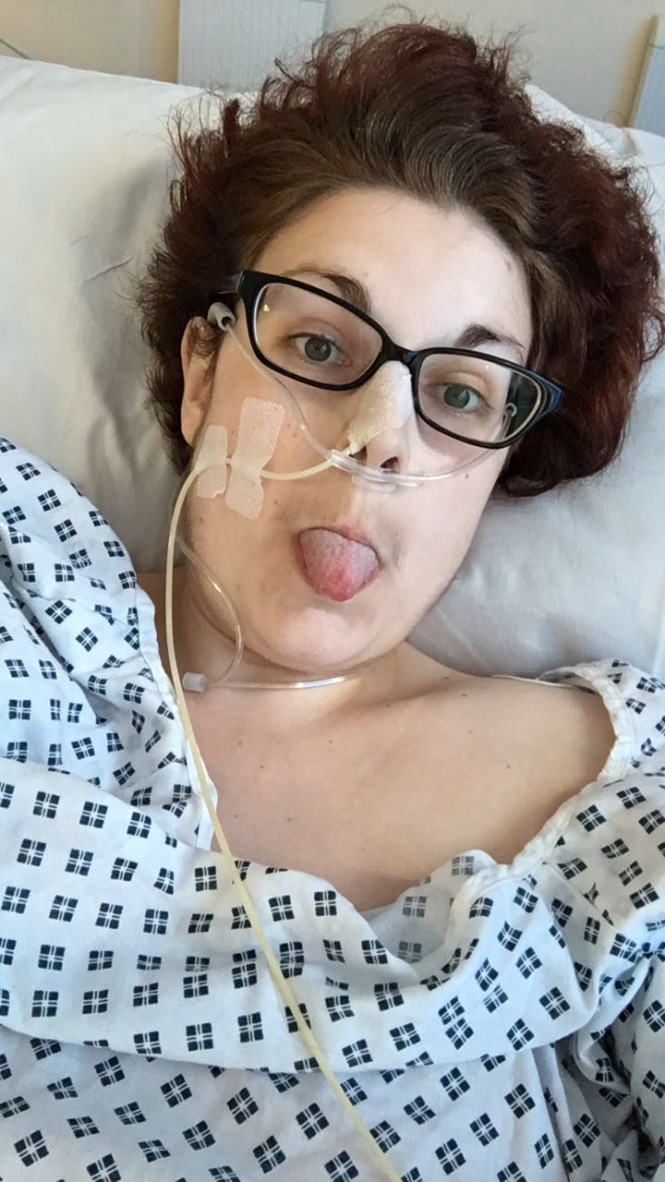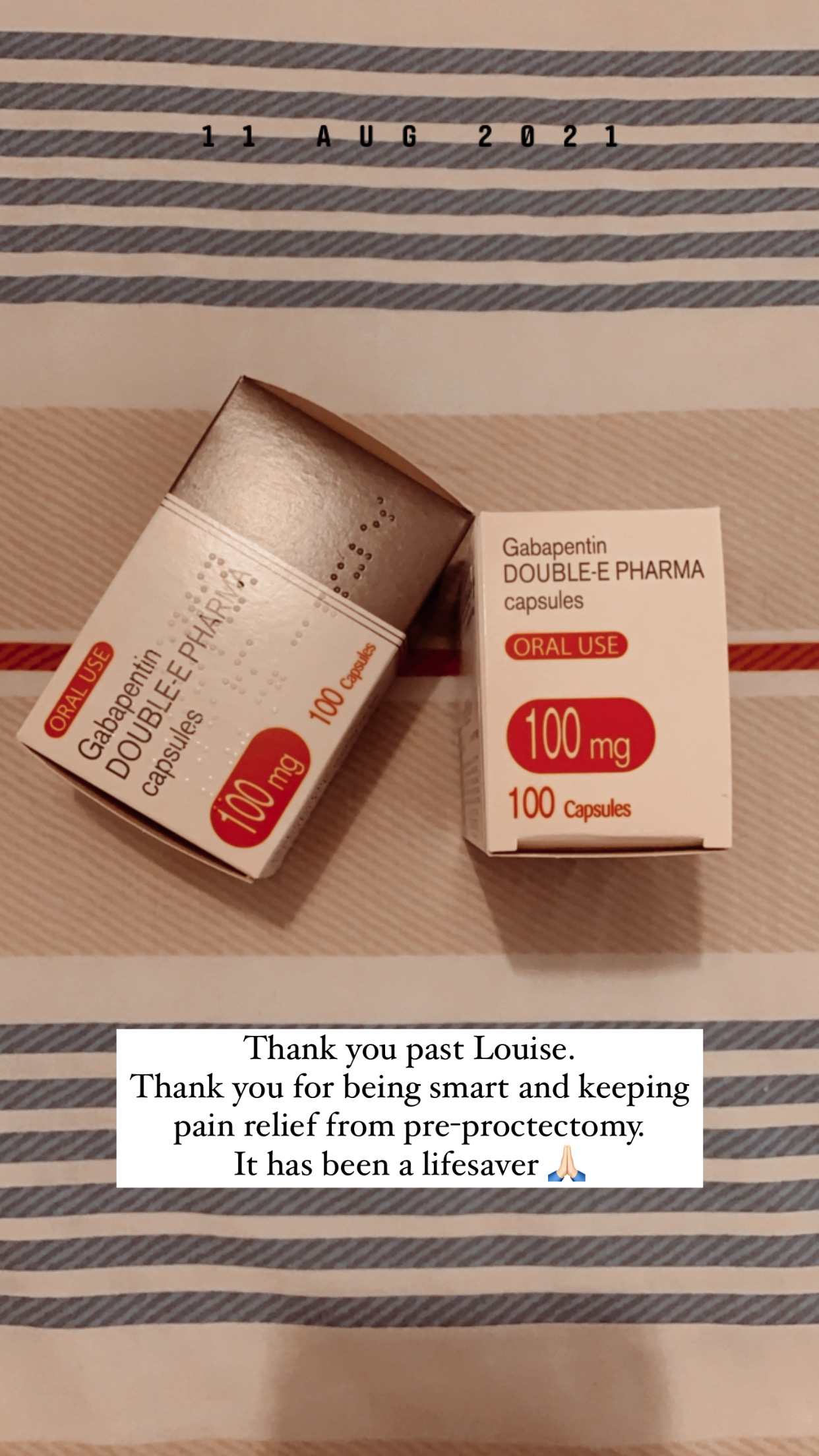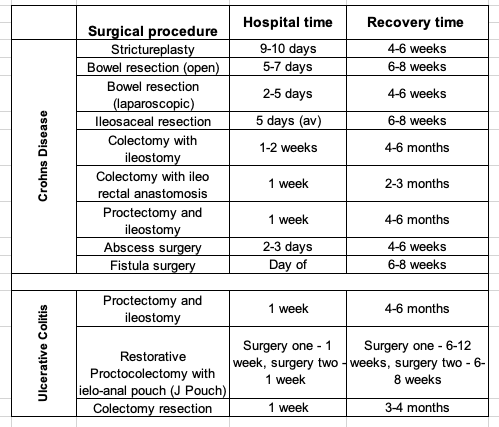
‘Post Operative’ – what exactly is meant by this?
post-operative/adjective
1. during, relating to, or denoting the period following a surgical operation.
Introduction
Postoperative care is the care you receive after a surgical procedure. The type of postoperative care you need depends on the type of surgery you have, as well as your health history. It often includes pain management and wound care.
Postoperative care begins immediately after surgery. It lasts for the duration of your hospital stay and may continue after you’ve been discharged. As part of your postoperative care, you should be told about the potential side effects and complications of your procedure.

Preparing Ahead
Ask as many questions as possible before your surgery, and ask for updated instructions before you’re discharged from the hospital. Many hospitals will provide written discharge instructions too.
Ask your doctor questions such as:
- How long will I be expected to remain in the hospital?
- Will I need any special supplies or medications when I go home?
- Will I need support when I go home?
- What side effects can I expect?
- What complications should I watch out for?
- What things should I do or avoid to support my recovery?
- When can I resume normal activity?
The answers to these questions can help you prepare ahead of time. If you expect to need help from a nurse or therapist, you have time to arrange it before your surgery. It’s also important to learn how to prevent, recognize, and respond to possible complications.
Postoperative Care in Hospital
After your surgery is complete, you will be moved to recovery. You’ll probably stay there for a couple of hours while you wake up from anaesthesia. You’ll feel groggy when you wake up. Some people also feel nauseated.
While you’re in the recovery room, staff will monitor your blood pressure, breathing, temperature, and pulse. They may ask you to take deep breaths to assess your lung function. They may check your surgical site for signs of bleeding or infection. They will also watch for signs of an allergic reaction. For many types of surgery, you will be placed under general anaesthesia. Anaesthesia can cause some delayed reactions in some people.
Once you’re stable, you’ll be moved to a hospital room if you’re staying overnight, or you’ll be moved elsewhere to begin your discharge process.
Outpatient surgery
Outpatient surgery is also known as same-day or day surgery. Unless you show signs of postoperative problems, you’ll be discharged on the same day as your procedure. You won’t need to stay overnight.
Before you’re discharged, you must demonstrate that you’re able to breathe normally, drink, and urinate. You won’t be allowed to drive immediately following surgery with anaesthesia. Make sure you arrange transportation home, preferably ahead of time. You may still feel groggy the following day.
Inpatient surgery
If you have inpatient surgery, you’ll need to stay in the hospital overnight to continue receiving postoperative care. You may need to stay for several days or longer. In some cases, patients who were originally scheduled for outpatient surgery show signs of complications and need to be admitted for ongoing care.
Your postoperative care will continue after you’ve been transferred out of the initial recovery room. You will probably still have an IV in your arm, a pulse ox monitor on your finger, a blood pressure cuff around your arm, possibly a heart monitor, and a dressing on your surgical site. Depending on the type of surgery you had, you may also have a catheter in, and if receiving strong pain relief, oxygen to help you breathe.
The hospital staff will continue to monitor your vital signs for the first 24-48 hours of your inpatient stay. They may also give you pain relievers or other medications through your IV, by injection, or orally. Depending on your condition, they may ask you to get up and walk around. You may need assistance to do this. Moving will help decrease your chances of developing blood clots. It can also help you maintain your muscle strength. You may be asked to do deep breathing exercises or forced coughing to prevent respiratory complications.
Your doctor will decide when you’re ready to be discharged. Remember to ask for discharge instructions before you leave. If you know that you’ll need ongoing care at home, make preparations ahead of time.


Postoperative Care at Home
It’s very important that you follow your doctor’s instructions after you leave the hospital. Take medications as prescribed, watch out for potential complications, and keep your follow-up appointments.
Don’t overdo things if you’ve been instructed to rest. On the other hand, don’t neglect physical activity if you’ve been given the go-ahead to move around. Start to resume normal activities as soon as you safely can. Most of the time, it’s best to gradually return to your normal routine.
In some cases, you may not be able to care for yourself for a while after your surgery. You may need someone to help tend your wounds, prepare food, keep you clean, and support you while you move around. If you don’t have a family member or friend who can help, ask your doctor to set up district nursing care.
Contact your doctor if you develop a fever, increased pain, or bleeding at the surgical site. Don’t hesitate to contact them if you have questions or aren’t recovering as well as expected.



“Typical” Recovery from IBD surgeries
Please bear in mind, I’ve added ‘typical’ as not everyone will experience surgery or indeed the postoperative period the same. Some will be very ‘by the book’ but in most cases, it often requires more flexibility and adaptation.
Average times for IBD surgeries

Learn about the surgeries here, via IBD Relief
The takeaway
Postoperative can vary from person to person and can range from a couple of days to many months.
I’ve been everywhere on that scale – one particular day surgery went to plan and I was back to normal activities within days. But with my proctectomy surgery, I had two complications which resulted in the post-op period lasting upwards of 6 months. That’s not to say that anything with being an inpatient was to ‘blame’, I’ve had the same issue with a day surgery, which has been ‘redone’ three times and took 7 months to complete. Most of these have been wound issues, which are now part of my preoperative questioning and a large consideration when surgery is being discussed.
Until next time,

Do you have any questions or queries? Or just want to share your own experiences? You can leave me a reply here or leave comments via my social media accounts – on Twitter, find my blog page on Facebook and over on Instagram



